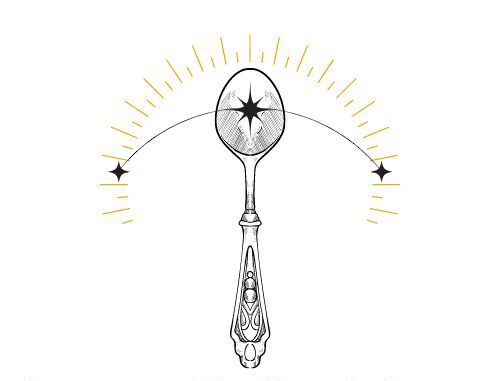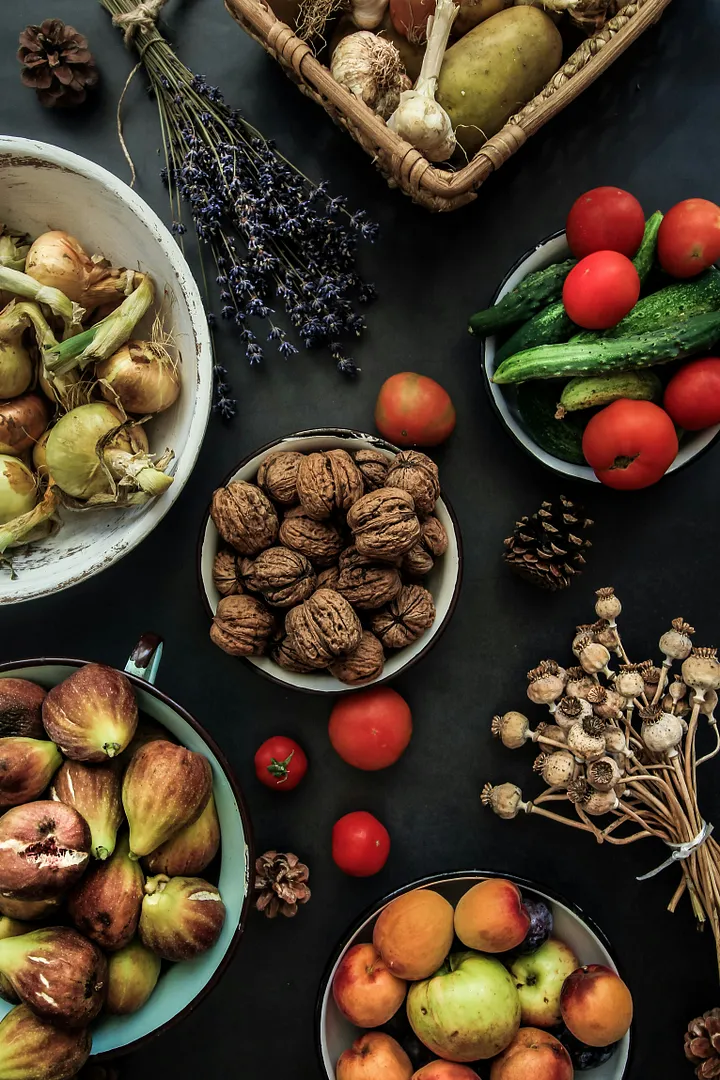Introducing Serotonin and It’s Story

Serotonin is an essential neurotransmitter for our mental health. It’s called the feel-good molecule because it regulates our emotions, mood, and all-round well-being.
Its main role is to regulate our mood, but it’s also a rock star in regulating our appetite, digestion, and sleep.
When our serotonin levels are low, it can cause several mood disorders, including anxiety and sadness.
So, that’s how antidepressants work, they raise serotonin levels in the brain, which lowers depressive symptoms and helps us to feel happier.
Did you know, your gut contains nearly all of your body’s serotonin?
It helps us stay regular and keeps our digestive system in tip-top condition.
It slows down the transit time of food through the digestive tract and helps with the production of digestive fluids, which leads to better digestion and absorption.
So, how can we get some more of this happy-go-lucky stuff?
Six Ways How to Raise Serotonin Naturally
This can be seen in the paper written in the Journal of Psychiatry and Neuroscience by Simon N. Young: How to increase serotonin in the human brain without drugs.
- Exercise Regularly.
- Exercise not only increases the firing rate of serotonin it also increases the levels of its precursor (what helps to make it) tryptophan, which stays active even after you finish exercising.
- Even as little as 30mins can do the trick and here are some easy ways of doing that:
- Take the stairs instead of the lift
- Walk or bike for short trips.
- Exercise during TV time. Instead of sitting and watching the telly, you could do simple exercises like jumping jacks, squats, lunges, or using light weights.
- If you have a desk job stand and move at work, walk around, do some calf raises or desk push-ups.
- Turn social events into active ones, like going for a walk instead of going for a coffee.
2. Reframing your thoughts, either through psychotherapy or self-help can increase the levels of serotonin.
3. Eat a serotonin-boosting diet.
- Tryptophan is an essential amino acid that helps to make serotonin and we get it through the food that we eat. Foods rich in tryptophan are eggs, cheese, nuts, salmon, turkey, chicken, beef, pork, tofu, soybeans and more.
- Vitamin B6 and magnesium also help in the formation of tryptophan. Foods rich in these are avocados, chickpeas, bananas, milk, nuts, chicken, beef, salmon, eggs, and more.
4. Get Plenty of Sunlight
- An interesting possibility is that sunshine may directly stimulate the production of serotonin through the skin. As shown in a piece written by Randy A. Sansone MD and Lori A. Sansone MD published in Innovations in Clinical Neuroscience Sunshine, Serotonin, and Skin: A Partial Explanation for Seasonal Patterns in Psychopathology?
- When sunlight enters your eyes, it stimulates the part of the retina that encourages your brain to make serotonin.
- The best times of day to get sun on your skin are early morning and late afternoon when the UV rays have far further to travel, so much less dangerous.
- If it’s hard to find the time to be in the sun, the best alternatives are sun lamps or red-light therapy.
- Sun lamps are a type of lamp specifically created to combat a lack of sunlight. Some people use them to help regulate their sleep-wake pattern. It can also help with seasonal affective disorder (SAD), dementia, and sleep disorders.
- Red light therapy is also known to boost serotonin and dopamine levels.

5. Practice Mindfulness and Meditation
Practicing mindfulness and meditation has been shown to lead to decreased production of the hormones responsible for the body’s fight or flight, and there is evidence for increased brain serotonin during meditation.
As shown in Meditation and Yoga can Modulate Brain Mechanisms that affect Behavior and Anxiety-A Modern Scientific Perspective published in Author Manuscript by Divya Krishnakumar, Michael R Hamblin, and Shanmugamurthy Lakshmanan.
· There are many apps and YouTube videos to get guided meditations, so choose whichever one speaks to you the loudest.
6. Prioritize Sleep
- Serotonin and dopamine play a role in how well and how long you sleep. So, what can you do to get a better sleep? Here are a few tips.
- Have a consistent sleep schedule — go to sleep and wake up at the same time every day. Avoid long naps.
- Create a calm and relaxing bedtime routine — enjoy calming activities before bed. Avoid screens.
- Optimize your sleeping area — keep your bedroom cool, dark, and quiet. Be comfortable. Bedrooms are for sleep and intimacy only.
- Regular exercise and a well-balanced diet.
- Manage stress and anxiety — use stress-reducing techniques throughout the day, such as mindfulness, yoga, or progressive muscle relaxation. Keep a journal.
A fascinating paper published by Jaime M Monti and Héctor Jantos shows the link between serotonin and the circadian rhythm. The roles of dopamine and serotonin, and of their receptors, in regulating sleep and waking.
Serotonin, Our Secret Weapon for Being Healthy and Happy
Serotonin, the feel-good hero of our brain chemistry, works quietly and without us having to do a single thing almost like our fairy godmother.
This magical modulator doesn’t just wave a wand to boost our mood it also makes sure that we sleep like babies, digest and absorb our food, and stay cool calm, and collected in times of stress.
Without serotonin, we’d be grumpy, sleepless, and always hungry. So, let’s tip our hats to serotonin, the ultimate mood magician.





